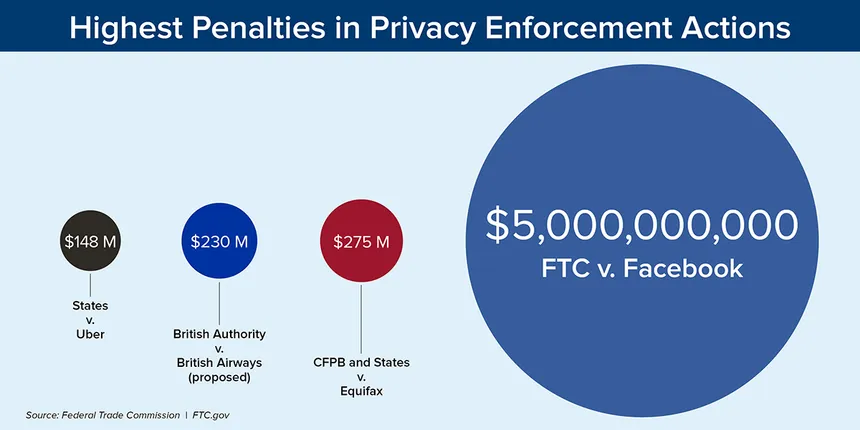EOTO Terms & Concepts
Blog #9
In the children’s book, “The Emperor's New Clothes” a lesson is taught about vanity, fear of the truth, and naivety. Whereby the whole kingdom was in an echo chamber of deceit and kept up a facade, until a child finally spoke plainly about what the Emperor was wearing (or not wearing.)
In the mediasphere that has evolved over decades, the echo chamber is a problem. A mediasphere echo chamber is an environment in which participants’ beliefs are amplified or reinforced. This happens by repetitive communication inside a closed system. As a scientist, one is trained to follow a method which considers all variables. In an echo chamber such as the one in the mediasphere, this is impossible because the data can not be tested properly due to a lack of comparison. Comparing ideas/data outside the realm of the echo chamber are foolishly ignored.
There is no chance of a rebuttal or a healthy debate. An echo chamber continues to circulate views without encountering opposing views, potentially resulting in bias and prejudice. Another problem with echo chambers is that they can increase a viewer’s sense of isolation and potential to resort to extremism. Echo chambers limit exposure to diverse views and favor a presumed narrative.
The extremism that can be created is also creating a new concerning phenomenon called neotribalism. Neotribalism is defined as a sociological concept which postulates that human beings have evolved to live in tribal society, as opposed to mass society. According to author Marilynne Robinson, “We’ve all noticed it – on television and the social web, an increase in politically partisan polemic and cultural isolationism. This “us vs. them” mentality doesn’t reflect the best of America, past or present.”
With the rise of citizen journalism, blogging, and podcasts, there is an abundance of view points in the mediasphere for the world to explore. Hopefully the echo chamber trend will change as people’s eyes are opened to reality, who will be like the child in the storybook? With social media hits per month at these numbers, surely something will open the eyes and minds of those trapped in an echo chamber.
Monthly Active Users (MAUs)
For Each Social Media Platform
YouTube: 2.5 billion active users.
Instagram: 2 billion active users.
TikTok: 1.6 billion active users.
X: 611 million.
The rise of alternative media could become another echo chamber or it could help to shatter the echo chamber bubble. Citizen journalism is another potential changer for the future. When ordinary members of the public collect and distribute information via the internet, perhaps they will receive more credibility. Since the mainstream media has become an echo chamber, people are turning it off and looking for other sources. The problem is getting citizen journalists to have enough exposure in the mediasphere. If celebrity influencers such as Joe Rogan and Elon Musk can persuade the public to listen to a broader set of ideas, perhaps there is hope for all those stuck in the echo chamber, and hope for humanity.












